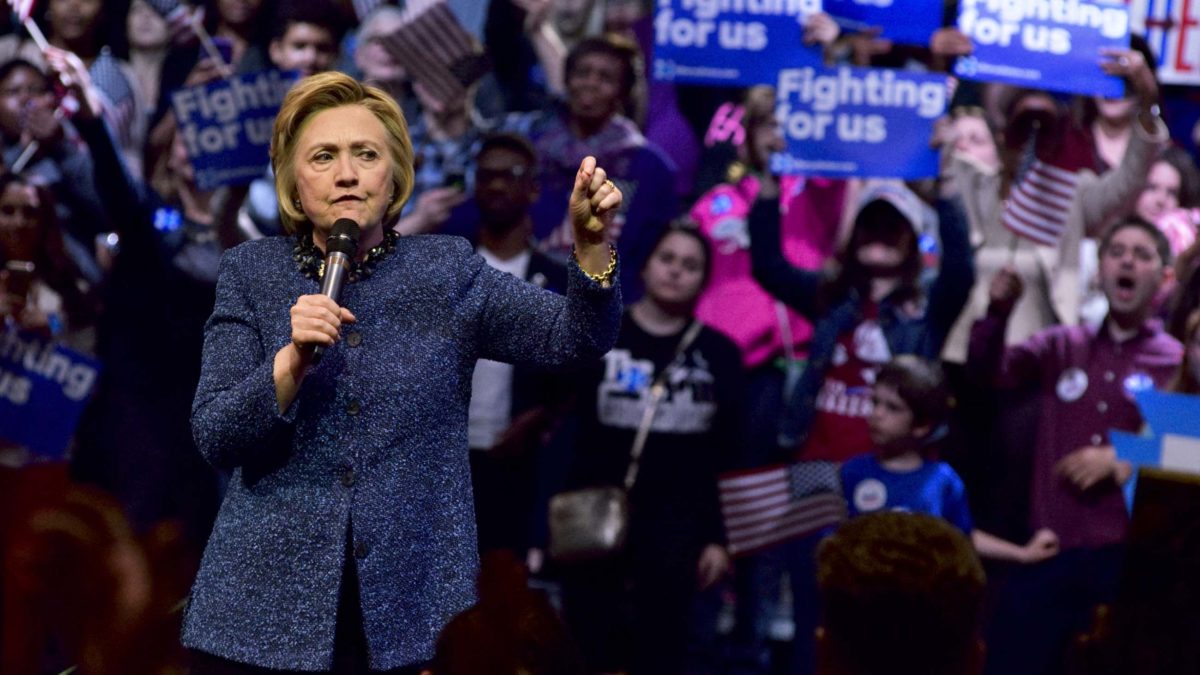Hillary Clinton Gets Serious About Mental Health Reform
After releasing her mental health agenda yesterday, Democratic presidential candidate Hillary Clinton convened a conference call with dozens of advisers to help put her mental health initiatives into action – all with ten weeks still left in the presidential race. Such a proactive stance on mental health, experts say, may be a first for a presidential candidate.

Hillary Clinton may be one of the first presidential candidates to articulate a full-throated policy on mental healthcare reform. But would she follow-through?
Visual: iStock.com
“It’s the first time that I’m aware of [that] a candidate has given attention during her electoral campaign to mental health care and made it a priority policy issue,” said Jeffrey Lieberman, chairman of psychiatry at Columbia University’s College of Physicians and Surgeons and past president of the American Psychiatric Association. Other presidents, like George W. Bush and Jimmy Carter, have convened presidential commissions on mental health, but only after they’d won the presidency and taken office.
Yesterday, Lieberman joined Clinton on a conference call to discuss the candidate’s priorities for improving mental health care in the U.S. These include federal support for suicide prevention, opening community mental health centers in every state, and training police departments to handle the mentally ill.
Whether addressing the issue on the campaign trail will actually translate into federal action — and funding — down the road, of course, remains an open question. “I regard this as a good first step and it’s significant,” said Lieberman. “The question will be what’s the follow-on, and how extensive is this? Is mental health going to be a centerpiece to her policy initiatives or is this going to be a minor element?”
Lieberman said it was particularly notable that Clinton has shown sensitivity and interest in issues like training law enforcement to provide mental health services — a “political hot potato” he said. But Clinton and her team also need a much deeper appreciation for what has and hasn’t worked in mental health care, Lieberman added. A June 2015 Washington Post investigation, for example, suggested that training police officers to deal with the mentally ill is no panacea — a finding that didn’t surprise Lieberman.
“The idea of training first responders is too little,” he said. “To make the police learn how to deal with these people, I don’t think it’s going to hurt, but I don’t think it’s going to work.”
In other words, mobilizing federal funding for initiatives that don’t take stock of lessons learned could be a waste of money – and that, in turn, might threaten future programs. Lieberman says he hopes that Clinton will continue to call on him and other advisers with deep experience in the field to help formulate policies aimed at helping the one in five Americans suffering from mental health disorders.
“We need a full-throated effort to address this public health emergency,” Lieberman said, “which is what I believe this is.”










